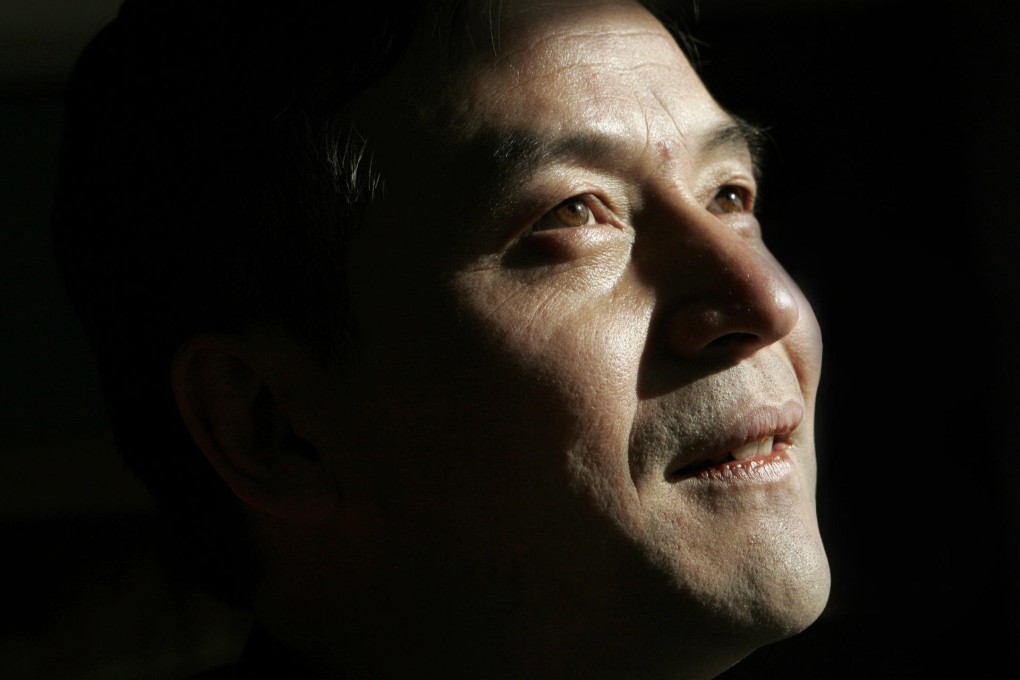Chinese leaders blind to benefits of constitution, law professor says
Beijing legal scholar says party's rulers fail to understand that the rule of law would help them run country more successfully

Abiding by the constitution would help the government rule the country more successfully, but many top leaders fail to see that, a prominent liberal scholar said yesterday.
He Weifang, a law professor at Peking University, told the South China Morning Post there was a "huge gap" between officials' and intellectuals' understanding of constitutional rule.
"Maybe they don't have a deep understanding of what constitutional rule is. They're still endeavouring to maintain social stability by sacrificing people's freedom," He said during a visit to Hong Kong.
Constitutional rule - the restraint of government's power and the protection of citizens' rights - may look like it would weaken the Communist Party's authority, but it would actually help it rule better, he said.
"The leaders can't really comprehend how social stability, market economy, and the curbing of corruption is directly linked to the rule of law," he said. "Without press freedom and judicial independence, these problems cannot be resolved."
He, one of the mainland's best known "public intellectuals" whose microblog has more than a million followers, said the leaders relied on an outdated mode of thought and found it hard to change their model of governing.
"The doctrine of communism inevitably leads to slavery, because it takes away people's right to think and to express - and these problems have not been properly resolved," he said.